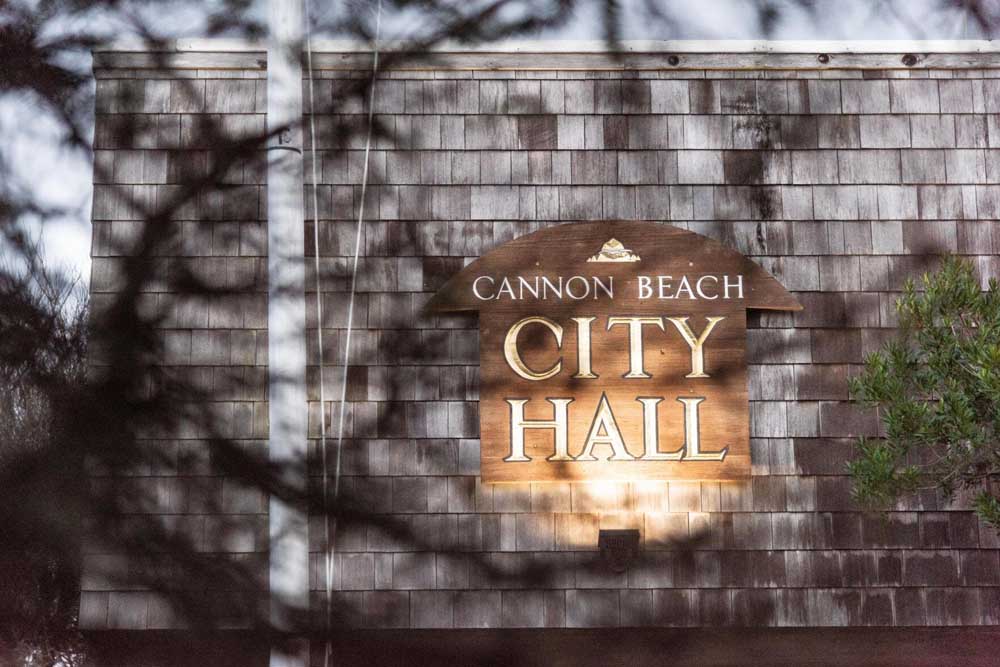Cannon Beach adjusts camping ordinance to reflect homelessness
Published 7:30 am Monday, August 15, 2022

- Cannon Beach’s Planning Commission wanted an agreement that at least six units would be priced at 80% of area median income for 60 years, and that the development would never be used for vacation rentals.
CANNON BEACH — The City Council amended a camping ordinance this month to set parameters for when someone can sleep on public property.
The city is one of many across Oregon adjusting camping ordinances to respond to federal court rulings and state legislation that prohibit police from enforcing illegal camping on public property unless there are adequate shelter spaces available.
Local governments that do not have adequate shelter space have the option to regulate camping by detailing the time, place and manner people can sleep outdoors so camping can be enforced everywhere else.
In Cannon Beach, the ordinance allows people to set up temporary camps overnight from 9 p.m. to 7 a.m. in their cars or in tents or other temporary structures.
Camping will be prohibited in parks, on streets and trails, within 40 feet of a residence or residential zone and within 100 feet of a school.
People can sleep on sidewalks if 3 feet of space is maintained.
City Councilor Nancy McCarthy asked for clarification about where people can camp. She also asked if the city has any shelter spaces.
Police Chief Jason Schermerhorn said there is no shelter space in Cannon Beach, but added that the police department is readily available to take people to shelters in Seaside and Astoria.
“We don’t have a list of places you can camp,” Schermerhorn said. “It’s better to get a list out of the restrictions and places that they can’t because that’s something that we can enforce.”
Emily Matasar, an attorney at the Portland firm Beery Elsner & Hammond, added that based on the text of the code, people can sleep on sidewalks as long as 3 feet of space is maintained and they are not violating any of the other restrictions.
She said any other public property that is not specifically restricted would be allowed.
“There are places,” Schermerhorn said. “It’s just a fine line on what do you want us to be advertising.”





